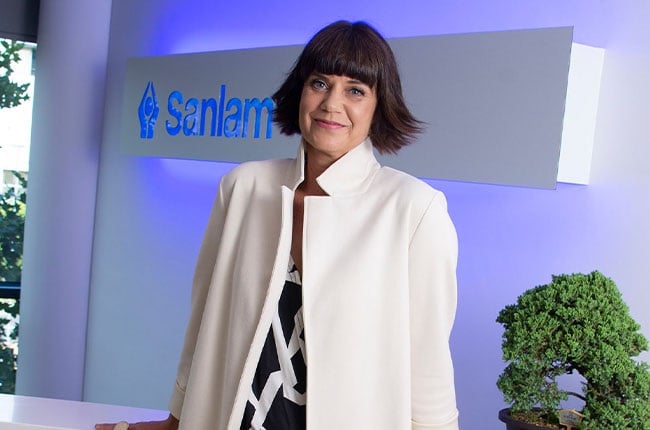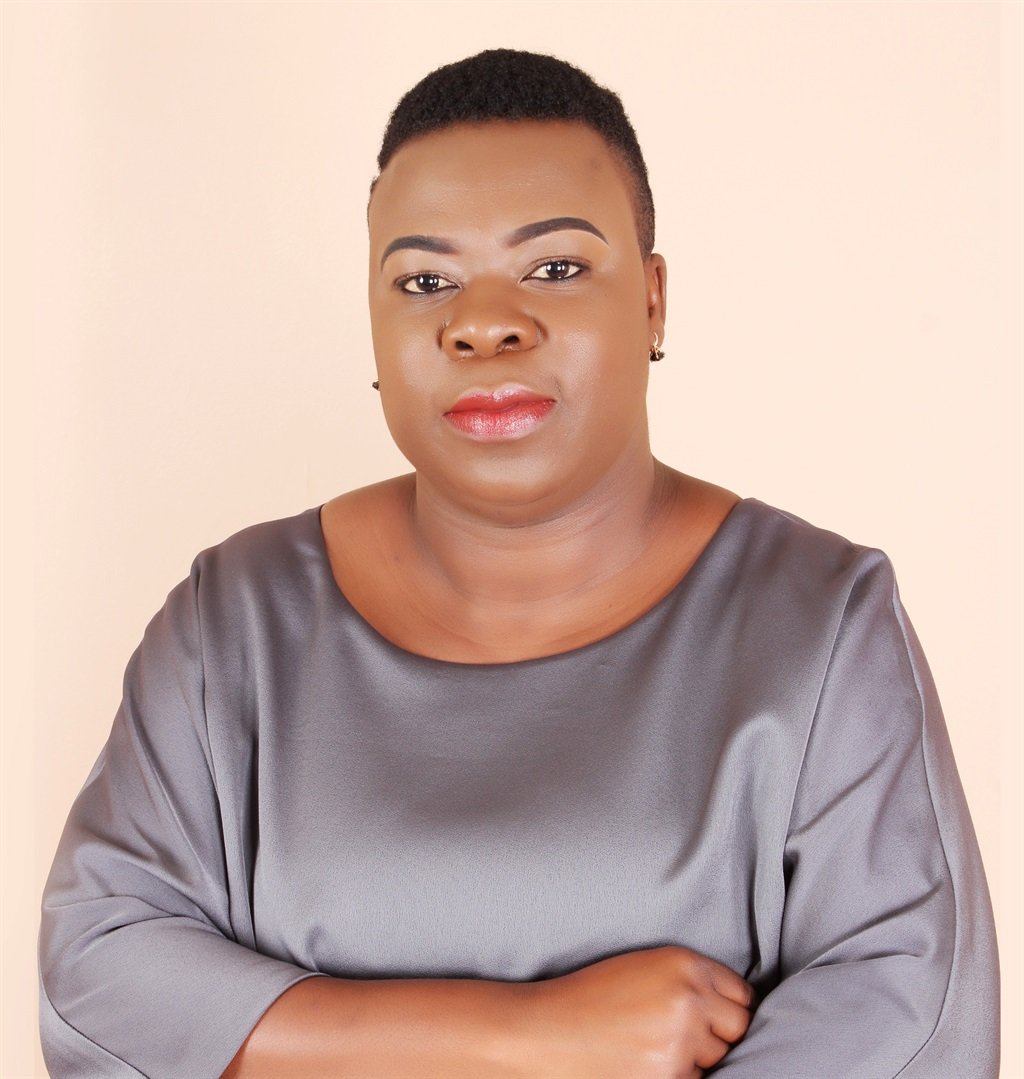
Sanlam has launched its first-ever Sanlam Financial Confidence Index, an annual index which assesses the financial confidence levels of the country’s adult population. The research found that 81% of South Africans surveyed experience stress when managing their personal finances, only 35% of South Africans trust their financial abilities and just 17% don’t experience unhappiness when it comes to their current financial situation.
Mariska Oosthuizen, Chief Marketing Officer for Sanlam says, “Financial confidence is the level of assurance and belief in one's ability to manage and navigate their financial lives effectively.”
She said, “Personal finances have a profound impact on human behaviour, influencing decision-making, lifestyle choices, relationships, and overall well-being. When individuals are financially confident, they are more inclined to experience a higher level of overall happiness and satisfaction.”
She said the country’s economic situation was a contributing factor to the findings, but that individual financial acumen could not be discounted. “Benchmarking the level of financial confidence of South Africans is vital when driving financial education and empowerment initiatives. The public and private sector need to collectively work towards equipping individuals with the necessary tools to build financial confidence.”
The study surveyed over 1 500 respondents, representative of the adult South African population with a monthly income of R1 000 or more, and used three key behavioural finance indicators to assess overall financial confidence:
- Financial Determination, which reflects an individual's proactive mindset and commitment to achieving their financial goals.
- Financial Resilience, representing the capacity to bounce back from financial setbacks or unexpected challenges and adapt to changing circumstances while maintaining a sense of stability.
- Financial Well-being, signifying the overall state of financial health and satisfaction, where individuals have the resources and knowledge to meet their present and future financial needs.
Only 35% of respondents trust their financial abilities.
Individuals aged 40 to 60 exhibit the lowest self-trust levels.
57% feel confident identifying suitable financial products.
67% exhibit courage in negotiating financial matters.
52% have access to credit, and an equivalent percentage rely on friends and family for financial support.
Only 34% possess insurance coverage for unforeseen financial risks.
A mere 33% don't feel embarrassed about their childhood financial situations.
Only 17% don't experience unhappiness regarding their current financial circumstances.
Analysis
The survey highlighted a concerning trend in the levels of self-trust among different age groups. The lowest levels of self-trust were reported among individuals aged 40 to 60 years old.
Sipho Mncwabe, Head of Adviser Transformation at Sanlam, says that this finding underscores a significant gap in financial guidance and education. "This highlights the need for far greater levels of financial education and advice in order to build self-trust. South Africans have multiple avenues available for boosting their financial management abilities, such as reading materials from dependable sources and engaging a reliable financial adviser."
Interestingly, despite a lack of self-trust in their financial abilities, 57% of respondents felt confident in identifying appropriate financial products for their needs. However, this sentiment was slightly less common among individuals aged 40 and above, suggesting a potential generational gap in financial literacy and awareness. The younger age groups display higher confidence and self-trust and also demonstrate more proactive financial determination, likely contributing to their capability in identifying suitable financial products. The age-based disparity in confidence could be influenced by different life stages, rather than solely indicating a skill deficiency in older individuals.
Positive findings
On the positive side, the survey revealed that the majority (67%) of South Africans surveyed exhibited the courage to negotiate prices and repayment terms, indicating either a certain level of assertiveness in managing their financial matters or necessity-based negotiation pertaining to tight economic circumstances.
One encouraging trend was the eagerness of nearly 70% of respondents to upskill themselves with the goal of increasing their earning power.
Dr Mavis Mazhura, an international behavioural science and performance specialist says it is encouraging to see high levels of awareness regarding financial knowledge gaps and financial beliefs. “While awareness is progress, this needs to translate into financial learning goals and education as learning about money boosts financial confidence. This is where financial services organisations have a key role to play.” She also says there may be a flip side to the coin, “In the financial resilience dimension, people generally still have a low level of trust in their financial abilities, so awareness can be self-limiting.”
When it comes to financial support networks, the survey showed that 52% of respondents had access to credit if needed. Similarly, 52% felt they could rely on friends and family in financial emergencies. Additionally, 43% of respondents believed they could turn to their social circles to gain financial knowledge, indicating the importance of informal networks in acquiring financial insights.
The insurance gap
However, the survey did highlight several areas of concern. Only 34% of respondents had insurance products in place to adequately cover their financial risks, indicating potential vulnerabilities in times of unexpected hardship.
The study also delved into respondents' financial well-being. Results showed that only a third (33%) did not feel upset or embarrassed about their financial situation when growing up. Additionally, only 17% did not feel unhappy about their current financial state, highlighting ongoing challenges in achieving financial contentment. Similarly, feelings of stress, hopelessness, and discomfort in various financial contexts were common among respondents.
These findings collectively emphasise the need for comprehensive financial education, guidance, and support systems across South Africa. As the country navigates an evolving economic landscape, empowering individuals with the skills and knowledge to make informed financial decisions becomes paramount. The insights gleaned from this research could serve as a valuable foundation for policymakers, financial institutions, and educators striving to improve financial literacy and well-being among South Africans.
Oosthuizen concludes, “This report builds on Sanlam’s previous research report for the LI:FE of Confidence campaign, which examined finances through different life stages. The index serves as a continuation of our commitment to equipping Africans with the knowledge needed to enhance their financial confidence. Sanlam remains dedicated to fostering financial empowerment, literacy, and inclusion, empowering generations of Africans to live with confidence.”
The full report is available here for download.This post and content is sponsored, written and produced by Sanlam.




 Publications
Publications
 Partners
Partners


























